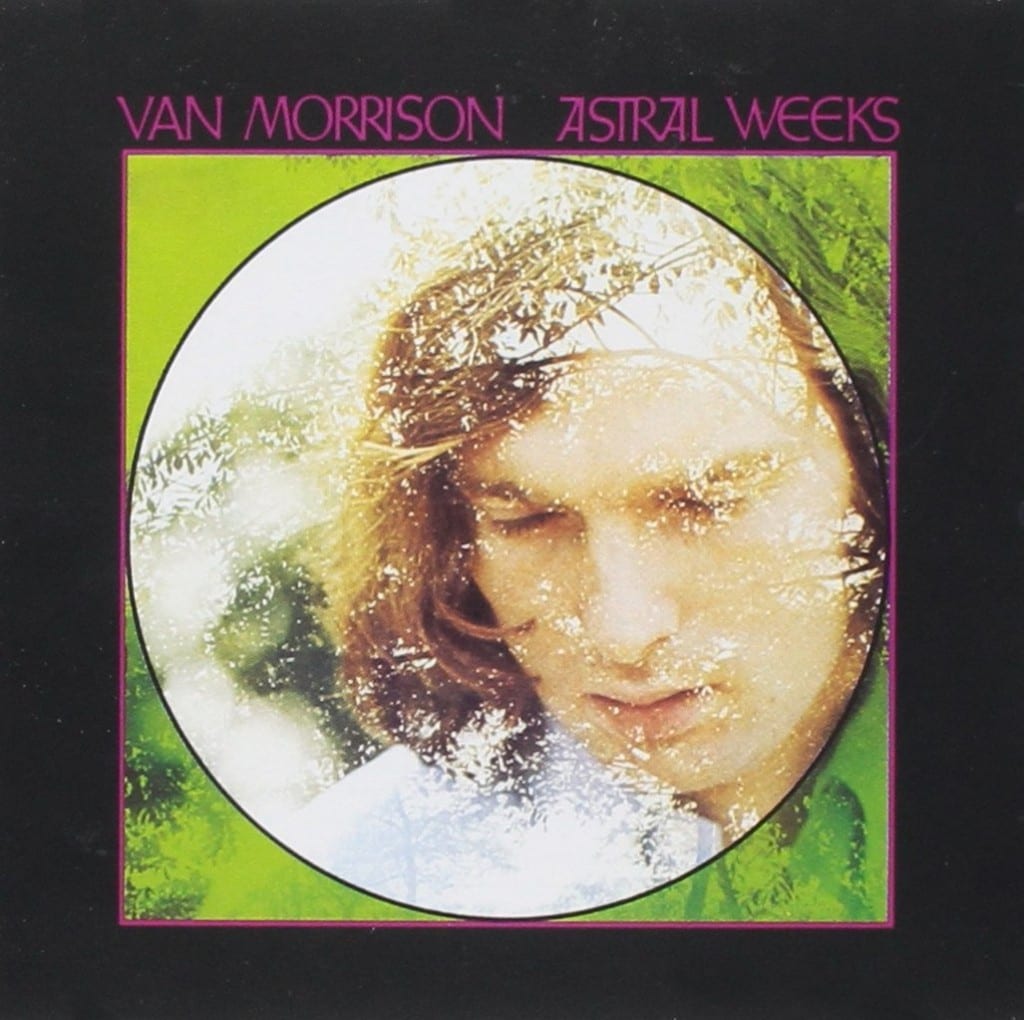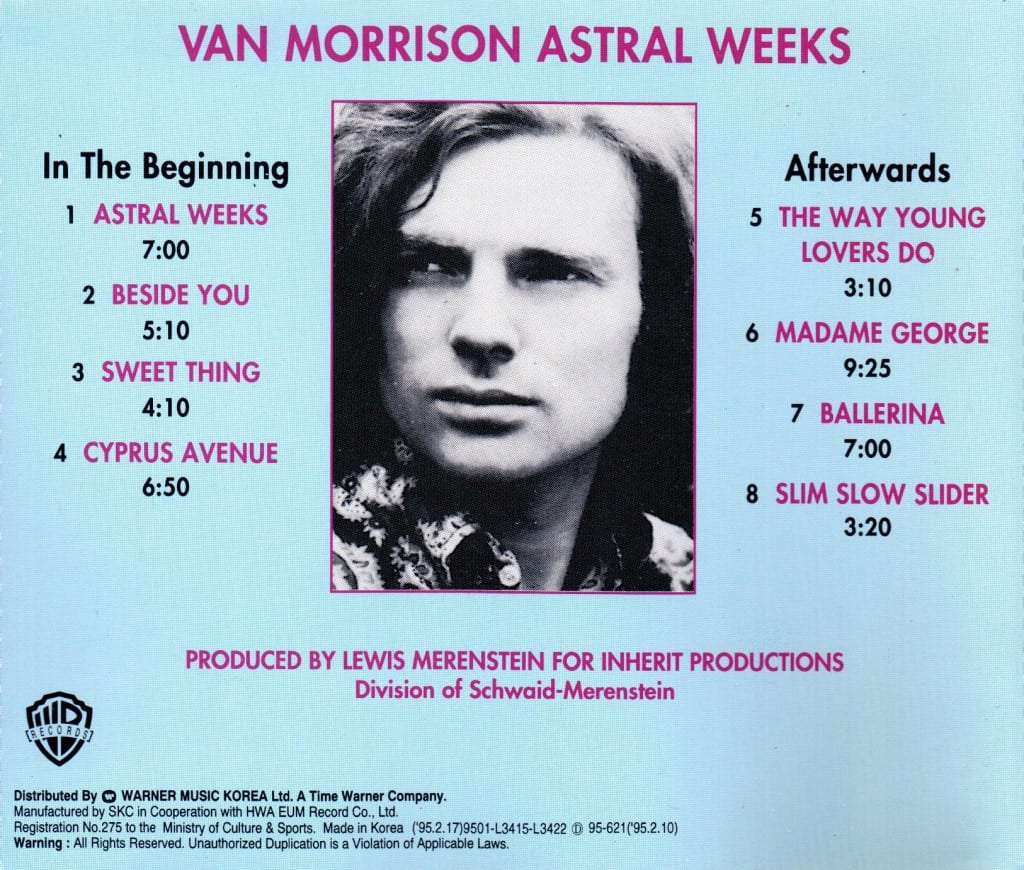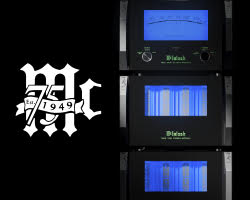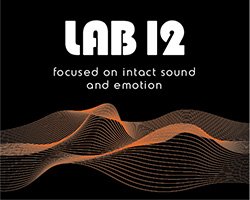Classic Albums, John Scott takes a look at that perennial favourite Astral Weeks by Van (The Man) Morrsison…
Whenever a list of the the greatest rock albums appears Astral Weeks is, if not right at the top, then not far off. Rock music hadn’t heard anything like it when it was released, and has heard very little like it since.
How a twenty three year old Belfast boy came to create an unique fusion of acoustic jazz and stream of consciousness lyrics will remain something of a mystery. It was unlike anything Morrison had attempted previously and while echoes of the album have reappeared in later recordings, Morrison never attempted another album in exactly that style.
Morrison grew up in Belfast where his father was an electrician in a local shipyard. Morrison’s father was a jazz, blues and country music fan who had an extensive record collection, said to one of the biggest in Belfast, and Morrison became a huge music fan himself, steeping himself in his father’s records. His father bought him his first guitar and Morrison formed his first skiffle band at the age of twelve. Other bands and other instruments would follow, Morrison learning to play saxophone, harmonica and piano.
With an apprenticeship served in a variety of Irish showbands, Morrison found himself touring Europe with The Monarchs at the age of seventeen. The band split at the end of the tour and Morrison returned to Belfast in search of another band. That search would eventually lead him to form Them with whom he would have a run of hit singles: Baby Please Don’t Go, Here Comes The Night and Mystic Eyes. Gloria, the B side of Here Comes The Night would go on to become a garage rock classic.
When Them split in 1966, Bert Berns who had written and produced Here Comes The Night, offered Morrison a deal. Morrison signed to Berns’ Bang label, recording eight songs that Morrison believed would be the A and B sides of four singles. Berns instead released the songs as an album, Blowin’ Your Mind, to Morrison’s displeasure. One of the songs, Brown Eyed Girl, was also released as a single and reached the American Top Ten. It remains a radio hit even now. Berns died shortly after the album’s release and Morrison found himself still tied into a contract with Berns’ widow; a contract he did not want to be in. The contract required that Morrison submit thirty six songs to Berns’ publishing company within a year.
Morrison’s response was to record thirty one “songs” all using pretty much the same chord sequence and near-nonexistent lyrics in one day. These include gems such as Ringworm (“I can see, from the look on your face, that you’ve got ringworm”), Twist And Shake, Shake And Roll, stomp And Scream and Scream And Holler, all of which have little more than their titles for lyrics. It is a virtually unlistenable collection of songs but in its way is a work of twisted near-genius.
When Warner Brothers bought out his contract with Berns, Morrison began writing the songs that would form Astral Weeks. Two of these, Beside You and Madame George, had appeared on Blowin’ Your Mind in a pop rhythm and blues style but would be reinvented for the album. Recording began on the evening of 28 September 1968. Most of the band had never played together and were not provided with any chord charts or notation; Morrison just played the song through on his guitar and told them to play how they felt. Despite this unstructured approach, four songs from the first session made it to the final album. A second session on 1 October was unsuccessful and no usable tracks were forthcoming but a third session on 15 October provided the final four songs for the album.
It is extraordinary that a group of musicians who were unused to playing together and with next to no direction should produce such empathetic backing for Morrison’s songs. Individually however, they did have an impressive pedigree. Drummer Conny Kay had recorded a score of albums as a member of The Modern Jazz Quartet and had served as a sideman with Stan Getz, Lester Young, Charlie Parker and Miles Davis amongst others. Bassist Richard Davis had played with Eric Dolphy, Kenny Burrell and Jimmy McGriff. Guitarist Jay Berliner had appeared on albums by artists as varied as Charles Mingus, Harry Belafonte and Laura Nyro.
I can still remember the first time I Heard Astral Weeks. It was 1979, I was seventeen years old and reasonably well schooled in pop, rock and punk music. Uninspired by the burgeoning New Wave Of British Heavy Metal scene I had found myself looking back to the late sixties and had begun to investigate Bob Dylan and The Band. One day a friend arrived with a copy of Astral Weeks; I put it on the turntable and we listened. I had no idea what was was going on. It was all over the place. I could sense though that there was something there that needed to be got to grips with and once I did the album would fall into place. And after a few plays, it finally did.
From the opening lines of the title track: “If I ventured through the slipstream, into the viaduct of your dreams” Astral Weeks takes us on a journey. It’s an impressionistic journey, filled with splintered images of people and places, real and imagined. Cyprus Avenue, one of Belfast’s more affluent streets appears both as a song title and in the lyrics of Madame George but Morrison seems to be conjuring a Belfast of his own imagination rather than the city that he grew up in. There is love and death, transcendence and despair, searching and yearning. And music that pulls and pushes and teeters but never falls. Kay’s drums swing, Davis’ bass prods, a harpsichord cuts across the rhythms and vibraphone, flute and sax explore the edges of the songs. Where did this come from?
Perhaps Morrison had no idea either, or perhaps he was smart enough to realise that he had captured lightning in a bottle and the only thing to do next was to move on. Whatever the reason, his next album Moondance would see him exploring blue-eyed soul that owed more to Otis Redding than Huddie Leadbetter.
Astral Weeks remains unique and is all the better for it. If you haven’t heard it, you really should. It’s not an easy listen but greatness shouldn’t come easy.
VITAL INFORMATION
Released – November 1968
Recorded – 25 September, 1 and 15 October 1968, Century Sound Studios, New York City
Genre – Folk rock
Length – 47:10
Label – Warner Bros.
Producer – Lewis Merenstein
TRACK LISTING
Side One: In The Beginning
1. “Astral Weeks” 7:06
2. “Beside You” 5:16
3. “Sweet Thing” 4:25
4. “Cyprus Avenue” 7:00
Side Two: Afterwards
1. “The Way Young Lovers Do” 3:18
2. “Madame George” 9:45
3. “Ballerina” 7:03
4. “Slim Slow Slider” 3:17
John Scott
















































































































































































































You must be logged in to leave a reply.